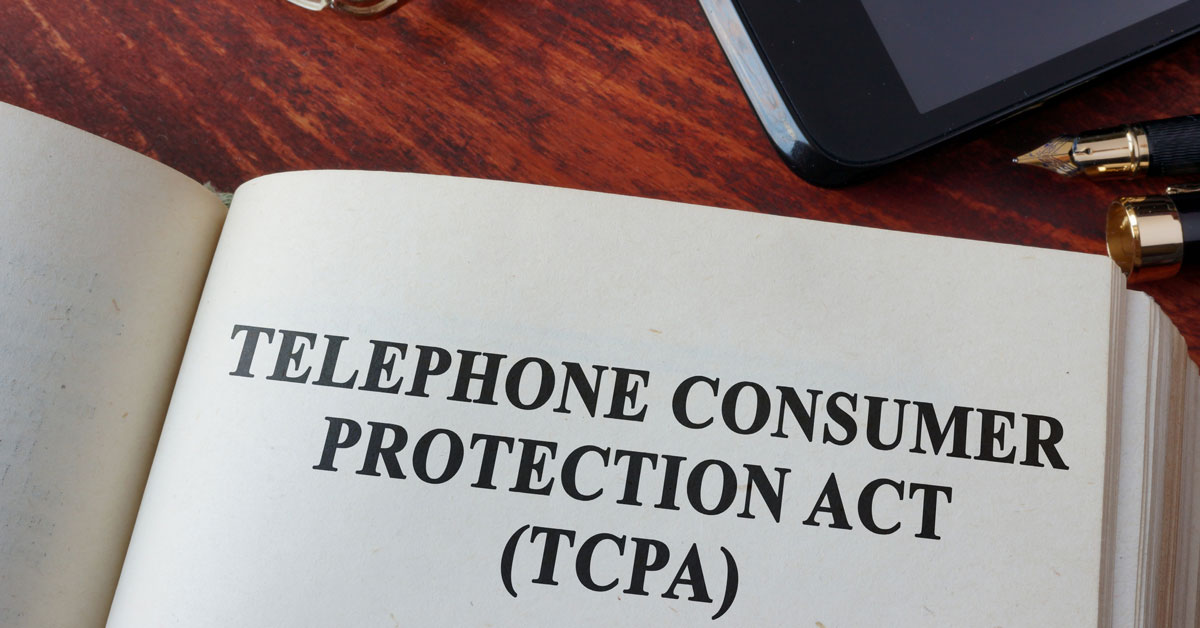Illinois Condominium Property Act: New Accessible Parking Requirements are now in effect for Condominiums
The State of Illinois recently adopted new accessible parking requirements governing existing and newly constructed or converted condominium properties. Section 18.12 of the Illinois Condominium Property Act became effective January 1, 2025 and requires all Boards of Directors of condominium associations to adopt a policy by April 2, 2025 to reasonably accommodate a unit owner “who is a person with a disability who requires accessible parking.” Section 18.12(a) specifies that the adopted policy shall include a procedure for submitting a request for an accessible parking space and that the Board complete its review of the request within 45 days of the submission of a request.
Parking Spaces Not Owned or Controlled by Existing Condominium Associations
In instances where the condominium association does not own or otherwise control parking spaces, Section 18.12(b) of the Illinois Condominium Property Act requires the Board to make “reasonable efforts” to facilitate a resolution of unit owners to provide accessible parking to a unit owner requiring an accessible parking space. This requirement impacts condominium associations that have accessible spots assigned as limited common elements or are owned by unit owners who don’t require accessible parking. Generally speaking, once parking spaces are sold to unit owners as separate parking units or assigned to unit owners as limited common elements, the condominium association does not have any power under existing condominium rules, declarations, and regulations to force owners of accessible parking spaces to offer use of those spaces to unit owners requiring accessible parking. Section 18.12(b) does not define what constitutes “reasonable efforts” by the Board, so it is an open question whether “reasonable efforts” would include an effort by the Board to force existing non-disabled owners of accessible spaces to exchange their accessible space for a non-accessible parking space.
Accessible Parking Space Rights in New Condominium Associations
Section 18.12(c) of the Illinois Condominium Property Act requires all accessible parking spaces in newly constructed or converted condominiums to be created after January 1, 2025 to be classified as common elements so that the association will have the ability to easily (and without controversy) make the accessible parking spaces available to unit owners requiring accessible parking. Subsection (c) also states that the Board may adopt rules and regulations for the use of the accessible spaces, including the renting or licensing of common element accessible parking spaces to non-disabled unit owners when no disabled unit owner requires the use of that space. It’s important to note that the requirement for a newly created space be classified as a common element does not preclude a disabled unit owner from purchasing the accessible space as a parking unit or the assignment of the space as a limited common element. While not addressed in Section 18.12(c), the purchase of an accessible space by a disabled person would become problematic if the disabled person sells their residential unit to a non-disabled person. In this case the parking space rights would likely be sold along with the unit. At that point, a post-January 1, 2025 condominium association would find itself in a similar position as an association existing prior to the January 1, 2025. It is important for declarants to implement provisions in the condominium declaration that cause the parking space to revert back to the control of the association.
Legal Consequences for Non-Compliance
Finally, Section 18.12(d) of the Illinois Condominium Property Act gives the unit owner or aggrieved prospective unit owner the right to pursue a civil action against a developer or declarant who fails to comply with the requirements of Section 18.12(c). The civil action may entitle these parties actual and punitive damages as well as equitable relief. The condominium association is not liable for violations of the developer or declarant, however. While the provisions in Section 18.12 of the Condominium Act appear somewhat straightforward and simple, the new law will result in significant possibilities for future disputes among unit owners. That’s why it’s important that Boards of directors and developers give careful consideration how to address these policies.
For further information regarding the new accessible parking rules or condominium governance in general, please contact Jeffrey M. Galkin through our website.



